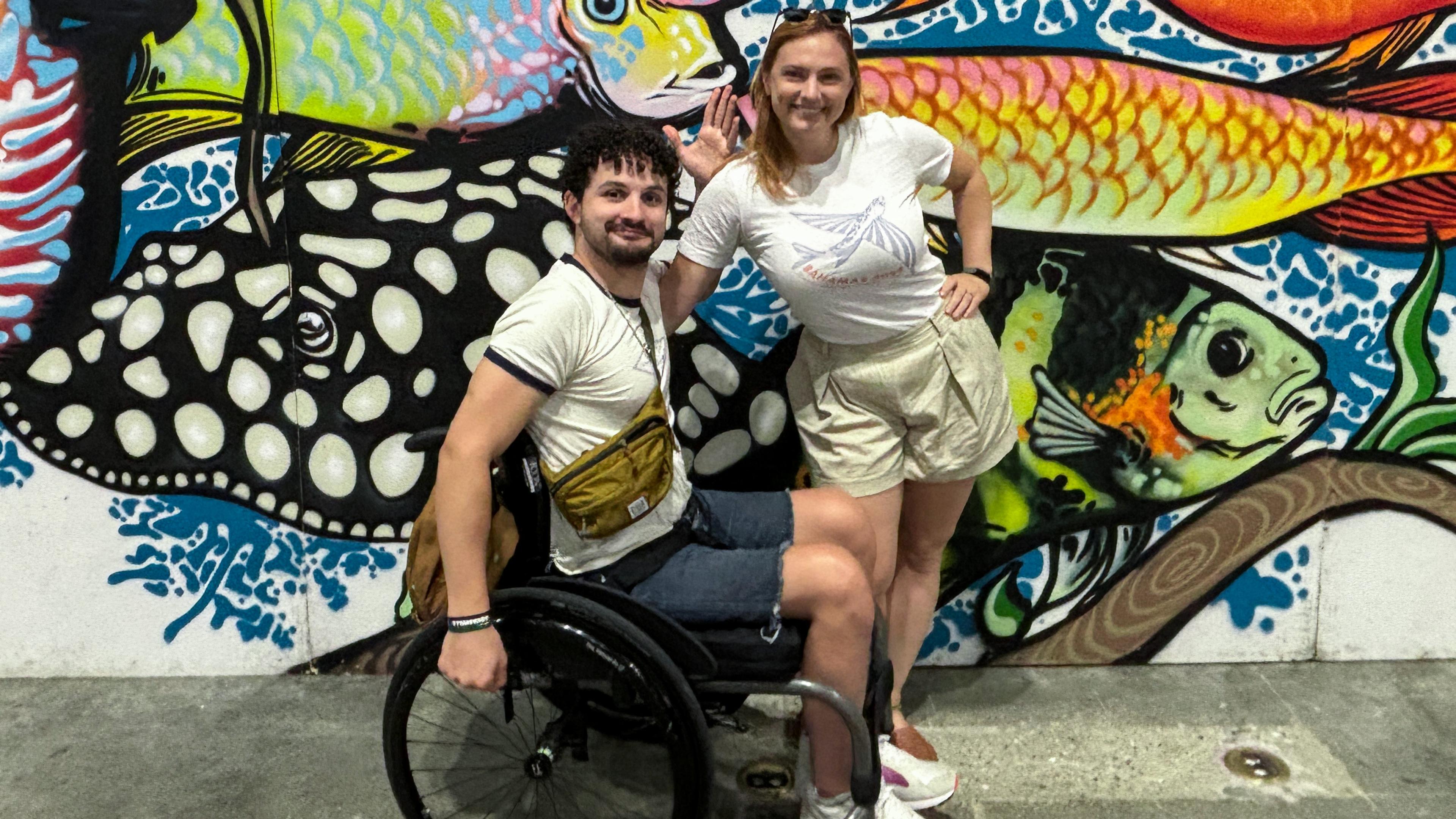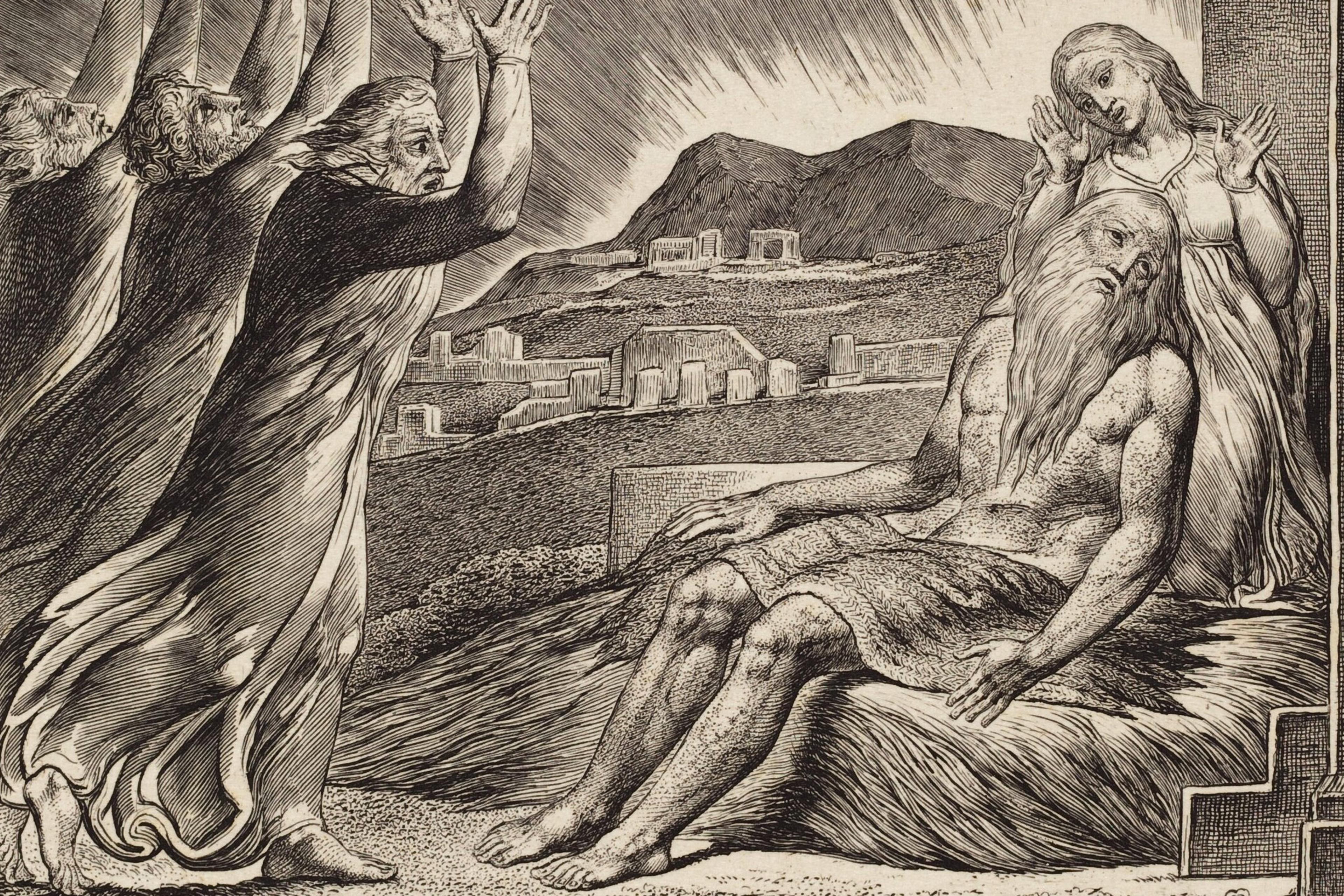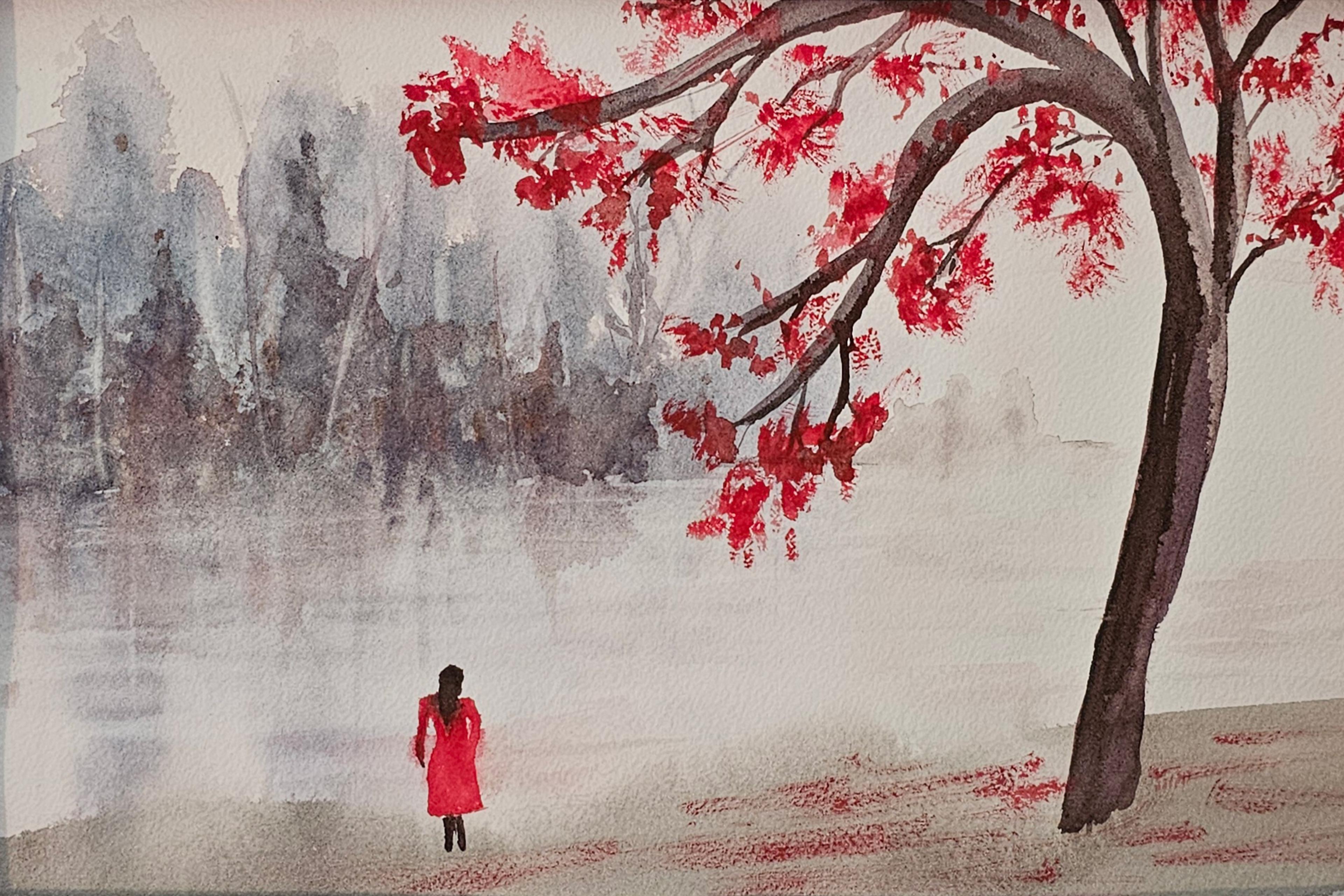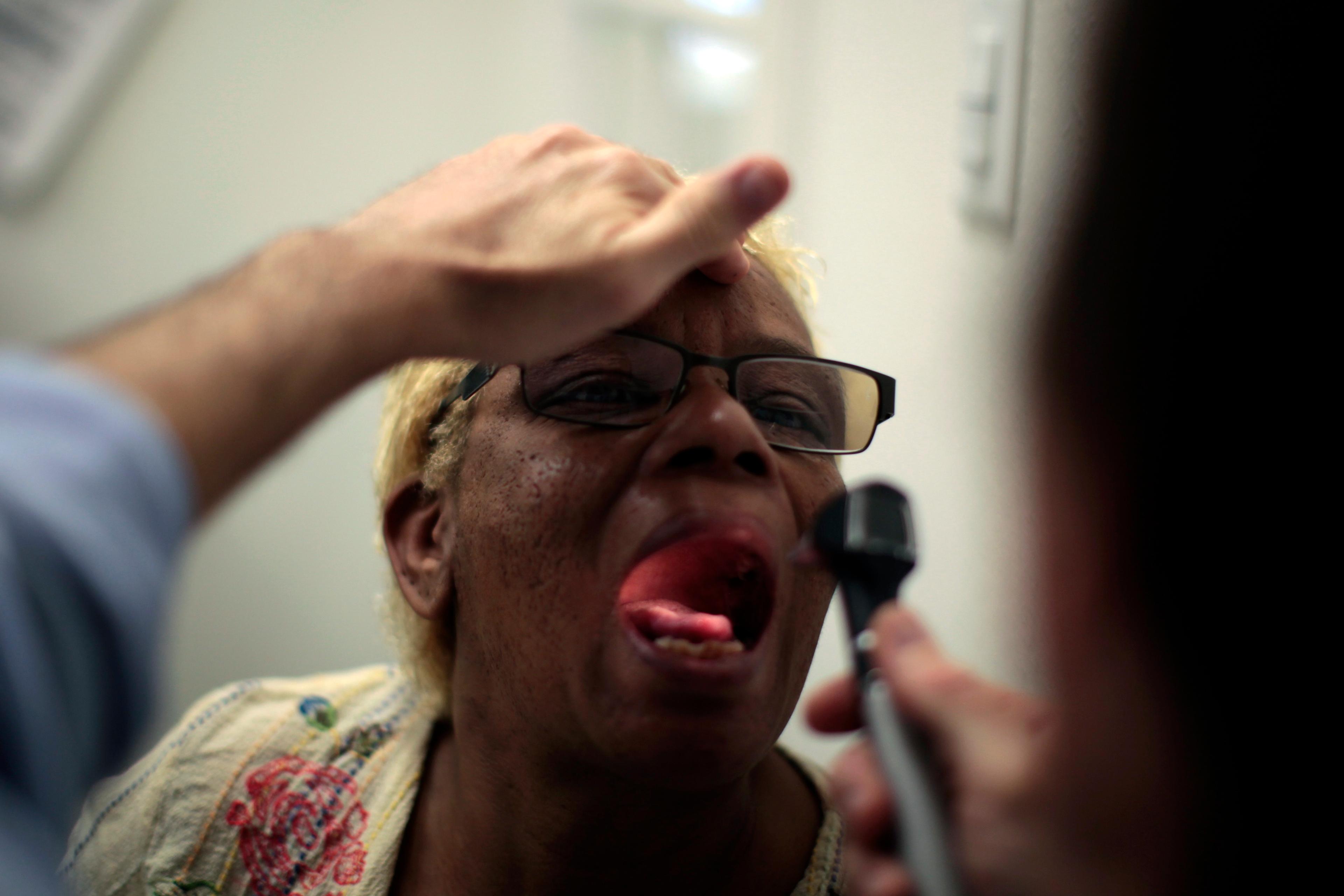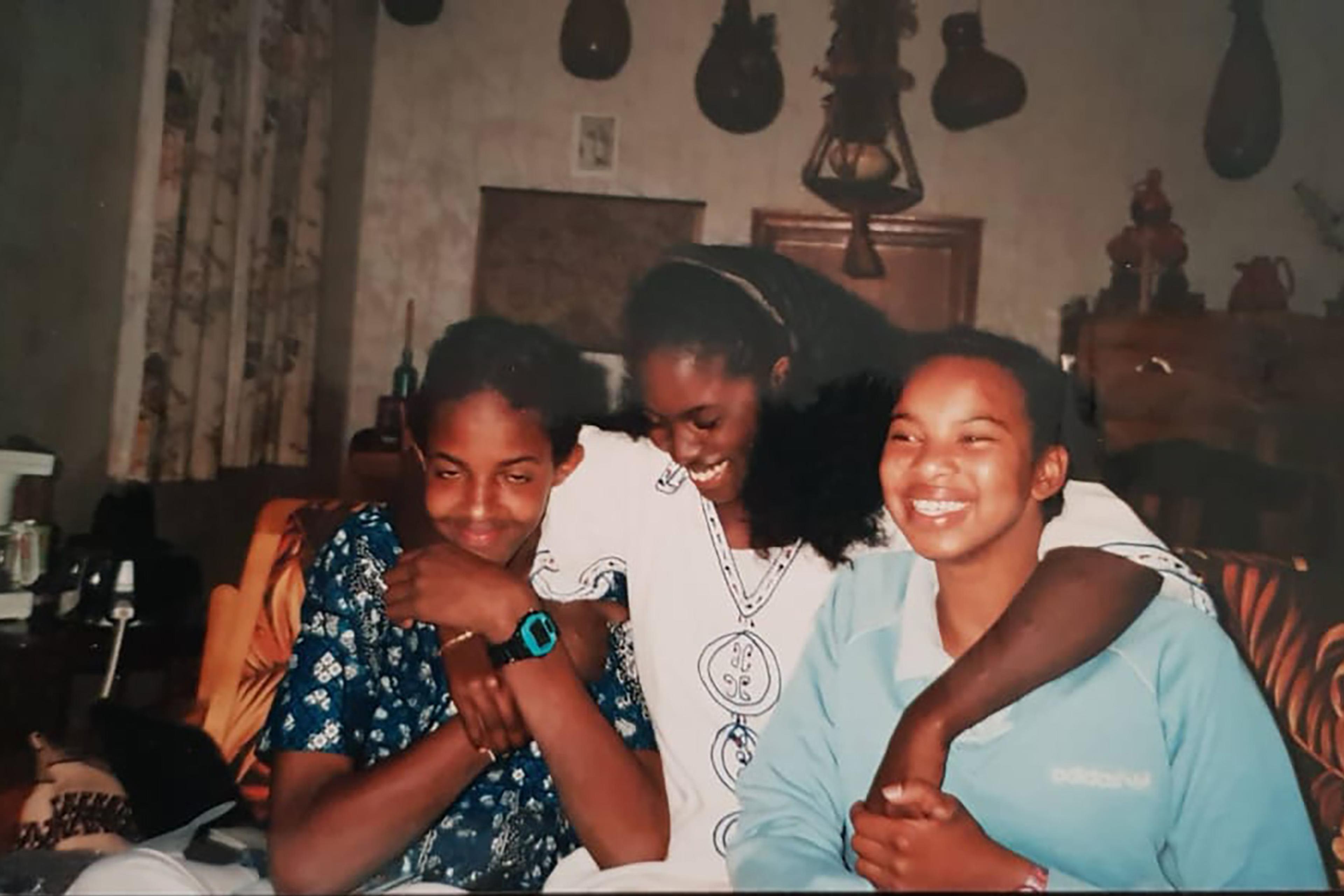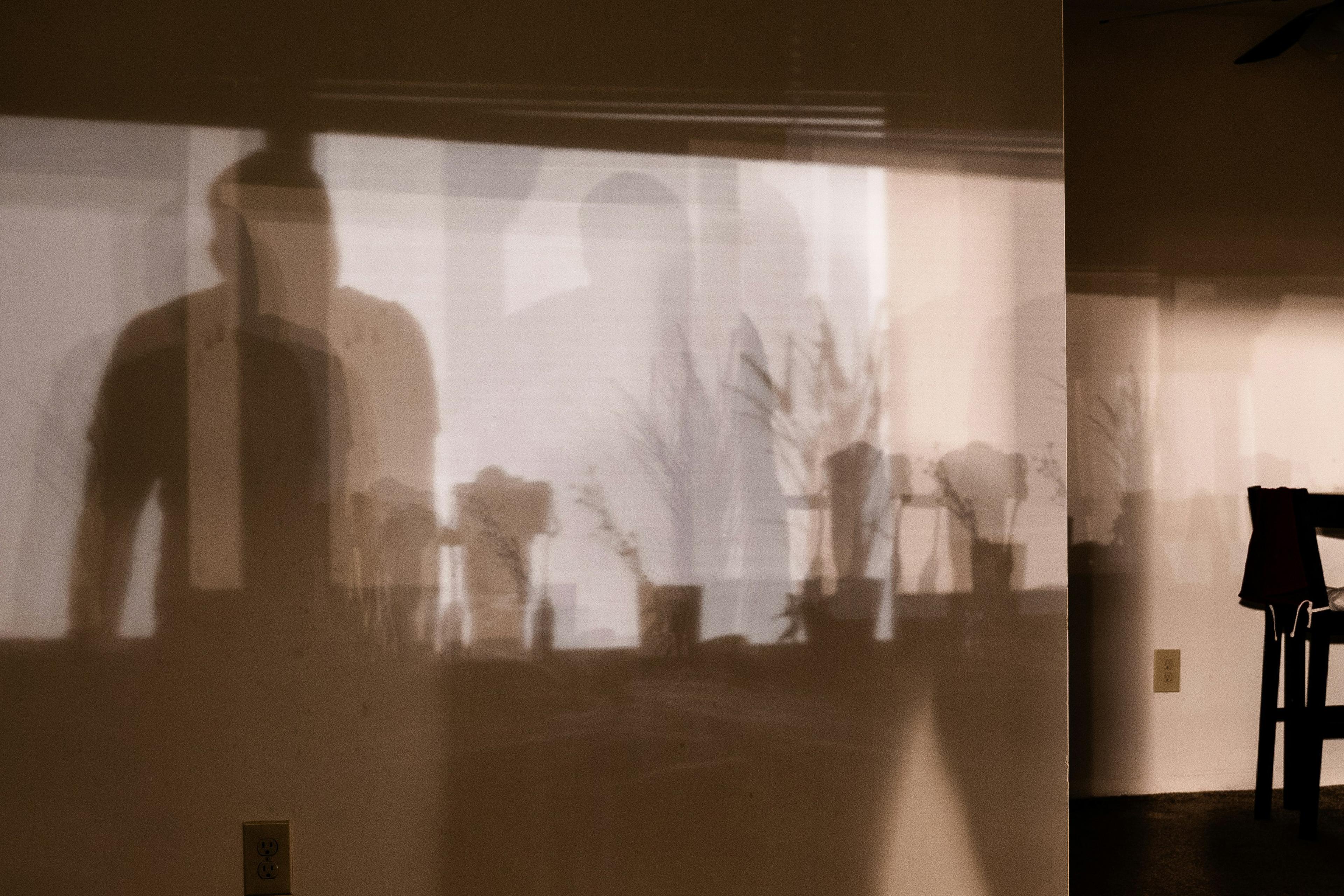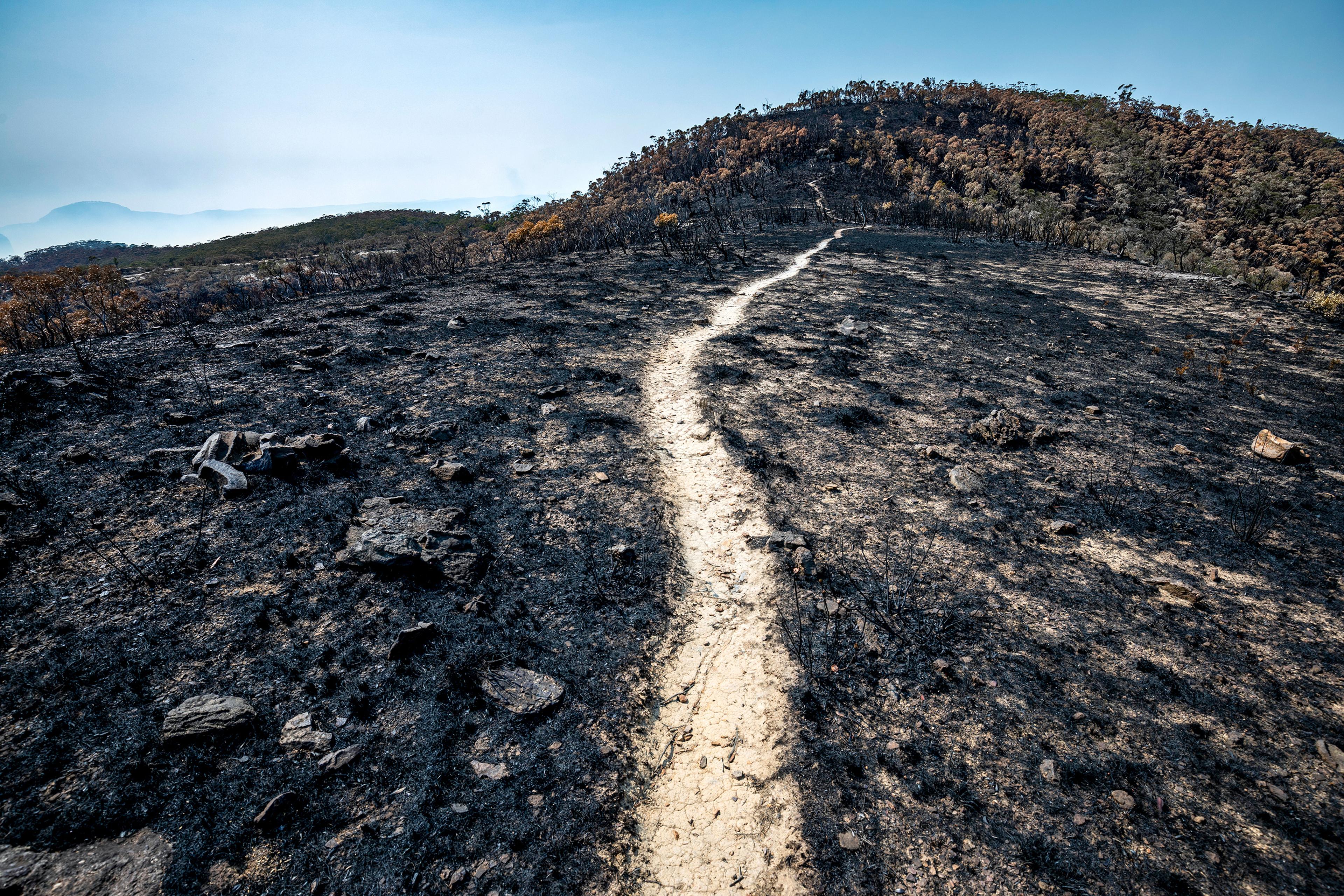It was raining on my first day of the new job, a constant, neverending drizzle that would soak me to the bone by the time I arrived at the office. I was already nervous to start my role in communications at the University of Chicago, and borrowing Daniel’s car meant I wouldn’t be late. Morning traffic was brutal, but at least my route took me along Lake Michigan, where it butts up against Chicago’s skyscrapers and provides a peek of natural beauty among the stone and steel.
That evening, the rain still falling, Daniel called while I sat in traffic headed home. He’d taken his motorcycle to the gym and had been hit, collapsed on the roadside. I could hear people shouting frantically somewhere around him. His heavy breathing. Panic in his voice.
I raced toward the intersection, but by the time I got there, the ambulance was already gone. A pair of unconcerned cops were ticketing the driver who hit him. Debris scattered on wet asphalt. Once they told me where they’d taken him, I sped off.
On the phone, Daniel had sounded clear and cognisant, but I sensed something was wrong. When I reached the emergency room, I quickly found him in one of the first bays. I heard the ER staff rattle off the amount of morphine and fentanyl they pumped into his IV. Daniel struggled to focus from his gurney, telling me he couldn’t feel his legs.
We thought it was a cracked rib and shock, but the CT scan showed otherwise: vertebrae at lumbar 1 and 2 had been pushed out of alignment, severing his spinal cord. It looked like a complete separation, and spinal cords don’t grow back. The news that he would never walk again was a punch to the gut. He had virtually no other injuries. No scrapes or bruises. On that rainy August evening two years ago, our lives changed forever.
Much of what followed was a blur. Daniel needed spinal decompression and fusion surgery immediately. Staff scrambled to find an ICU bed. A surgeon answered the midnight call, calmly explaining what to expect.
Daniel was transferred by ambulance, the drivers promising to travel a route with the fewest number of potholes; Daniel’s shock and adrenaline were no longer working with the morphine to keep the pain at bay.
I followed behind, my head spinning. Who would feed our dog dinner? What do I tell my new employers? Do I have any sick days yet? Who do I need to call? All pieces of a patchwork realisation that our lives were irrevocably altered. So many expectations for our future suddenly seemed impossible. From the inconsequential (could we still go scuba diving?) to the profound (having to leave our condo with its three flights of stairs), there was no solid ground.
What if I hadn’t taken the car? What if that driver had actually stopped at their stop sign?
I knew I had to call our families and let them know what had happened. By that time, Daniel was so heavily medicated he kept asking me not to tell his mom. As if he could hide something as huge as paralysis. I called his little sister first, hoping she could help me figure out how to tell their mother that her only son would never walk again. His sister was immediately up for the task. While she coordinated flights for herself and her mom (coming from different states), I called my own parents to break the news. My mom, a semi-retired nurse anaesthetist, scheduled her flight for early the next morning, no return ticket booked.
Even now, the haze I felt over the next hours as I followed the ambulance to the second hospital and watched the nurses situate my husband in his ICU bed feels unreal. It was around three in the morning before I stumbled back to my car, hoping for at least a few hours shut-eye at home. I knew I would be back in Daniel’s hospital room before seven and needed what sleep I could get.
The isolation of returning home to a silent apartment was almost unbearable. ‘What ifs’ proliferated in my thoughts. What if I hadn’t taken the car today? What if Daniel had skipped the gym? What if that driver had actually stopped at their stop sign and seen him?
But I had to endure that loneliness for only one night.
The morning after the crash, my mom arrived at the hospital directly from her red-eye flight. Two hours later, a collection of friends drove out to the suburban hospital with coffee. They chatted with Daniel, trying to make the world feel normal before he was taken back to the operating room. By the time he was out of surgery, his mom and sister had both joined us – exhausted from their flights but immediately ready to help. Our moms quickly organised a rotation, giving Daniel nearly round-the-clock company in the days following his surgery. My mom and I took the morning shift, while Daniel’s sister and mom cleaned the condo and stocked the fridge. At shift change, my mom took over the kitchen, making sure we had healthy meals. And when visiting hours ended, they used the evening to comfort my crying and help me plan next steps.
With the surgery behind us, my next major worry was finances. As the sole wage-earner, I couldn’t fully comprehend the costs we were about to incur with hospital bills. Without my mention, one of our friends reached out to ask if she could set up a GoFundMe to help us get back on our feet. Once I agreed, she set up the account, managed the updates about Daniel’s status and made sure that everyone in our network knew about the site. Donations poured in. Many were from the usual family and friends, but I was also stunned by the number of names I didn’t recognise. Strangers who were in the same political organisation as Daniel. Mutuals on social media with whom I’d had only passing conversations. Even folks from my fandom community who I had never met.

Once Daniel was stable enough, he was moved to an in-patient rehabilitation hospital that specialises in spinal cord injuries. By then, he was sick of hospital meals and missed hanging out with friends. Once again, our community stepped up. Friends set up a meal train to visit him weekly and bring a home-cooked meal to share. Having some sense of normalcy and kinship was a different kind of medicine for Daniel, and helped soothe me as well.
Our building had no elevator and we lived on the second floor, so ultimately we had to leave our home. We were still in the midst of battling insurance and daily physical therapy when, with the help of a friend’s mom (who is a realtor), we found a new, wheelchair-friendly place.
The ties we forge in ordinary life can hold us in the worst moments
Moving is its own hell but, once again, our band of Chicago locals were there. A crew of friends came over the second night after we moved. While I ordered pizza, they went about cleaning every shelf and countertop in our kitchen and unpacking all our things. We only got one room done that evening, but the camaraderie I felt as our friends pitched in to make our apartment feel like a home still brings warmth to my chest.
What happened to Daniel is the hardest thing we’ve ever faced. But because of the people who rallied around us, it wasn’t the world-ending tragedy it could have been. The friends who agreed to watching our dog Zoey didn’t just keep her for a night. They took Zoey home and kept her for nearly two weeks while Daniel was an in-patient at multiple hospitals. And when, after protracted court hearings, our lawyer learned how little insurance coverage the driver at fault had, he waived his fees so that we would get that little extra of the payout to help cover expenses. Even now, small kindnesses – a bus driver clearing the wheelchair section to make our journey a little easier – move me.
Daniel’s accident forced a lot of difficult lessons on us both, about the lack of accessibility in our built world and the labyrinthian bureaucracy guarding disability benefits. But it also brought a different kind of lesson: that the ties we forge in ordinary life can hold us in the worst moments.
Daniel and I have always been remarkably sociable, making friends easily. But I never realised how that skill was building our network so that, when we fell on hard times, we had a net to catch us. The lengths that both friends and near-strangers went to, to help us in our most challenging moment, has never left my mind. It continues to reverberate in how I think about creating community and how we have to nurture those bonds.
These are the thoughts that carry me into the current moment: I can’t control police violence or layoffs or the food insecurity that burden my fellow Chicagoans. But I can be there. I can build and support a community by giving time or money or even a shoulder to cry on. I can pay it forward. Others once did that for us – now it’s my turn.
